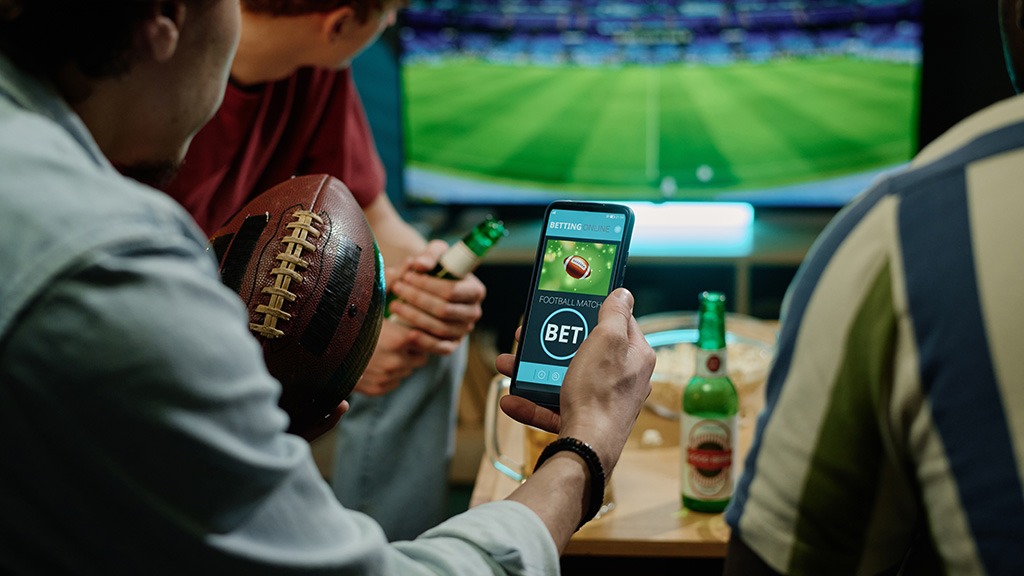Online sportsbooks and commercial airlines are two industries that are making big investments in loyalty campaigns and promotional offers.
The sportsbooks seem to be getting effective in driving engagement, changing behaviour, and improving repeat visits. What’s behind this divergence? Gaining insight into how promotions work in each industry, including their goals and constraints, and how consumers respond.
The playbook: Sportsbooks and high‑velocity promotions
The world of online betting offers big, instant, easy-to-get promotions. For instance, the Betfred special promo code for UK users that can be applied to the first deposit is easy to use, provided you meet all requirements.
These offers do well because:
- The transaction cycle is very high frequency: placing a bet can occur within minutes of landing on a site, triggering the promotional hook almost immediately and requiring a relevant promotional “offer” on the site itself.
- The reward and risk model fits small choices for better outcomes. Free bets or bonus credit don’t cost much, so you might as well try it.
- It is easier to segment and personalize as bookmakers derive a lot of behavioural data and can easily personalize offers based on one’s betting pattern (sports + teams + timing).
- The engagement is highly effective because of the emotional intensity sports betting generates through event outcomes, ups and downs, live action, etc.
In a nutshell, sportsbooks are implementing promotional strategies that attract high-frequency behavior, along with continuous and incremental switching spend.
The airline model: Slower cycles, complex value
Unlike it was before, airlines’ loyalty programmes are becoming bad examples of retention marketing. Consider the following:
- Survey data indicate that only a small percentage of passengers consider themselves loyal to an airline, and that the loyalty programme has only a partial role.
- Airlines’ loyalty programs have turned into significant profit generators in their own right as they sell miles to banks and other partners.
- Real-world investigations on traveller behaviour and sentiment suggest scepticism: younger flyers are less motivated by frequent-flyer perks.
- Many airline loyalty programmes seem to be more concerned about monetising points and miles, rather than providing frequent flyers with instant, emotionally-engaging rewards.
Though airlines have very sizeable loyalty programmes, their dynamics work differently to those of the betting operator: long cycles (flights come around rather less often than bets do), complex reward mechanics (miles, tiers, blackout dates, partner networks) and mostly value-and-status as opposed to impulse/habit.
Why sportsbooks are outpacing airlines on loyalty
Rapid trigger & reward loop
When bettors make a deposit offer or place a bet, sportsbooks have promotions that instantly reward these bettors. In immediate response, every positive action is a reward loop creating engagement. Conversely, you earn airline loyalty slowly (you fly, you wait for miles, you redeem, you wait for benefits).
Lower barrier to entry
At the sportsbooks, you could bet 5 bucks and get a huge bonus for the cost of a try. To really “unlock” benefits from the airlines, you often need to fly frequently or spend a lot. Many travelers do not fly frequently, which reduces their participation.
Personalisation & dynamic offers
Sportsbooks use behavioural data to create personalized offers, such as a free bet on your team. Airlines have huge data but more barriers like regulatory, operational and partner-complexity to fast personalised offers.
Emotional & frequent engagement
Betting platforms utilize emotions, live sports and events, which happen every week (often daily) for constant micro‑engagements. Airlines work at the pace of travel planning and execution which is less frequent, more logistical and more complex.
Competitive switching & market incentives
The online sports betting market is very competitive, with offers enhancing the switch between operators. Since demand isn’t so high with these companies, the costs to switch are also higher.
Clarity of reward
Bookies’ promotions are most often cut and dried: take a bet and get bonus credits. Airline rewards are confusing: valuations of miles differ, there are blackout dates to redeem and the value is muddled by partnerships. When benefits aren’t clear, engagement falters.
Conclusion
The competition between bookies and airlines in loyalty illustrates a larger narrative of how incentives, behavioral economics, and engagement mechanics differ across industries. Bookmakers make a profit on rapid tactical bets. While other sectors can easily update terms and conditions, airlines operate on a slower cycle and must reform in order to be as agile and instant.
In the end, whether a promotion is “working” will depend on whether the promotion builds not just a one-off engagement, but repeat behaviour, preference and ultimately lifetime value. Based on this measure, sportsbooks may be correctly positioned presently, although far from being final.


